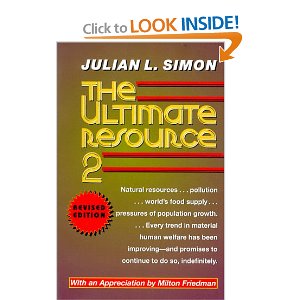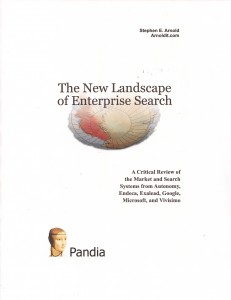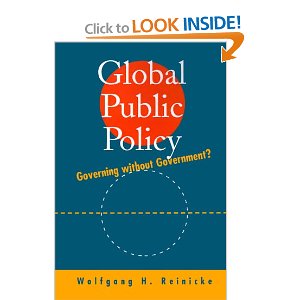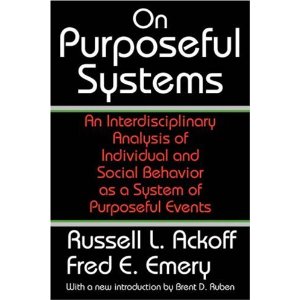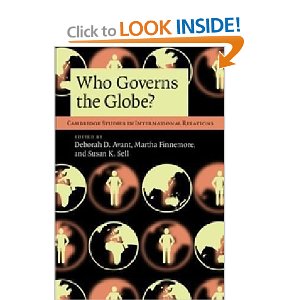
Review
“This path-breaking collaborative work illuminates complex social and political relationships that constitute governing authority in a changing world. New questions provoke deeper reflection than the term ‘global governance' typically stimulates. Specialists need to read this fine book, and so do students.” Louis W. Pauly, Canada Research Chair in Globalization and Governance, University of Toronto
“This volume makes and illustrates an important fact about global governance today: it isn't only or always the institutional form of actors – be they states, corporations, or NGOs – but their relationships with key constituencies and with one another that shape governance outcomes. Authority, the essence of governance, comes in many guises. I recommend this book highly.” John Gerard Ruggie, Harvard University
Product Description
Academics and policymakers frequently discuss global governance but they treat governance as a structure or process, rarely considering who actually does the governing. This volume focuses on the agents of global governance: ‘global governors'. The global policy arena is filled with a wide variety of actors such as international organizations, corporations, professional associations, and advocacy groups, all seeking to ‘govern' activity surrounding their issues of concern. Who Governs the Globe? lays out a theoretical framework for understanding and investigating governors in world politics. It then applies this framework to various governors and policy arenas, including arms control, human rights, economic development, and global education. Edited by three of the world's leading international relations scholars, this is an important contribution that will be useful for courses, as well as for researchers in international studies and international organizations.
Original Conference with Presented Papers (2007)
Conference: Who Governs the Globe?
November 16 & 17, 2007


